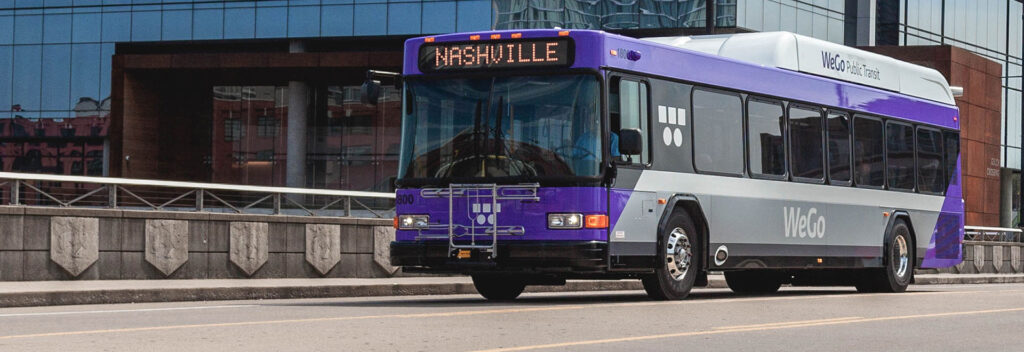
Survey: To recruit and keep millennials, give them walkable places with good transit and other options

Four in five millennials say they want to live in places where they have a variety of options to get to jobs, school or daily needs, according to a new survey of Americans age 18-34 in 10 major U.S. cities, released today by The Rockefeller Foundation and Transportation for America.
Three in four say it is likely they will live in a place where they do not need a car to get around. But a majority in all but the largest metros rate their own cities “fair” or “poor” in providing public transportation, and they want more options such as car share and bike share.
The survey focused on the “millennial generation” – those born between 1982 and 2003 – because it is the largest generation in history, and it is the age group that any metro area that hopes to be viable in the future has to attract and keep.
Now, one caveat is that the survey respondents are already living in cities, so some self-selection is involved. Interestingly, though, the aspirations hold true even in cities that don’t have great options at the moment. The survey covered three cities with mature transit systems: Chicago, San Francisco and New York; four cities where transit networks are growing: Minneapolis, Denver, Charlotte and Los Angeles; and three cities making plans to grow their systems: Nashville, Indianapolis and Tampa-St. Petersburg.
More than half (54%) of millennials surveyed say they would consider moving to another city if it had more and better options for getting around, and 66 percent say that access to high quality transportation is one of the top three criteria in considering deciding where to live next.
Even in a city like Nashville – a rapidly growing region with limited travel options – a strong majority of current millennial residents agree they “would prefer to live in a place where most people have transportation options so they do not need to rely only on cars” versus “a place where most people rely on cars to get around” – 54 percent “strongly” and 19 percent “somewhat” in agreement. The trick for Nashville and its peers will be hanging onto to those residents while attracting other talented young people. While 64 percent in Nashville say they expect to live in walkable places where they don’t necessarily need a car, only 6 percent say they currently live in such a place.
“These findings confirm what we have heard from the business and elected leaders we work with across the country,” said James Corless, director of Transportation for America. “The talented young workforce that every region is trying to recruit aspires to live in places where they can find walkable neighborhoods with convenient access to services, including public transportation. Providing those travel and living options will be the key to future economic success.”
There are lots of other interesting tibits in the survey. You can read the news release here or see the full, topline results here.




